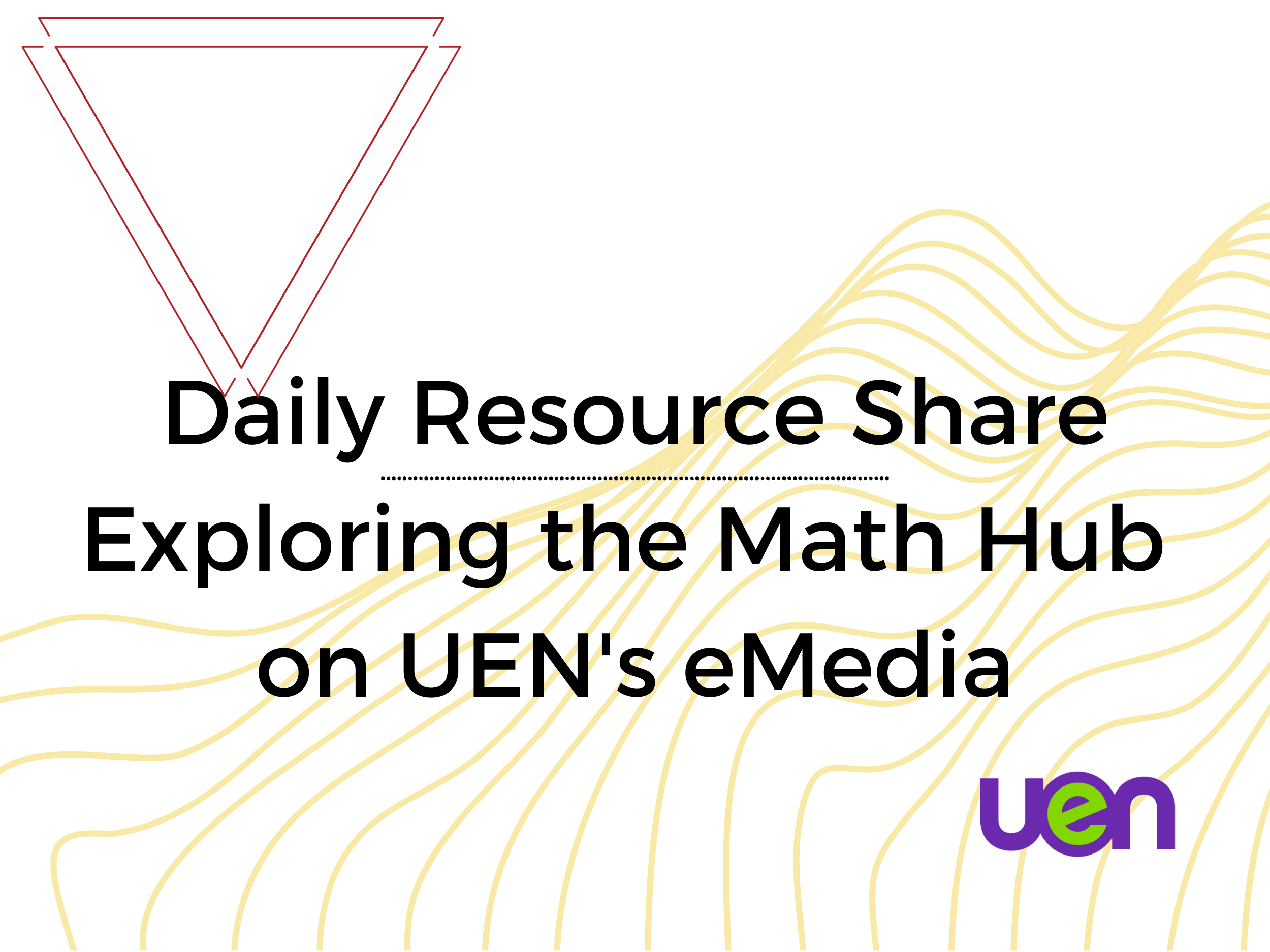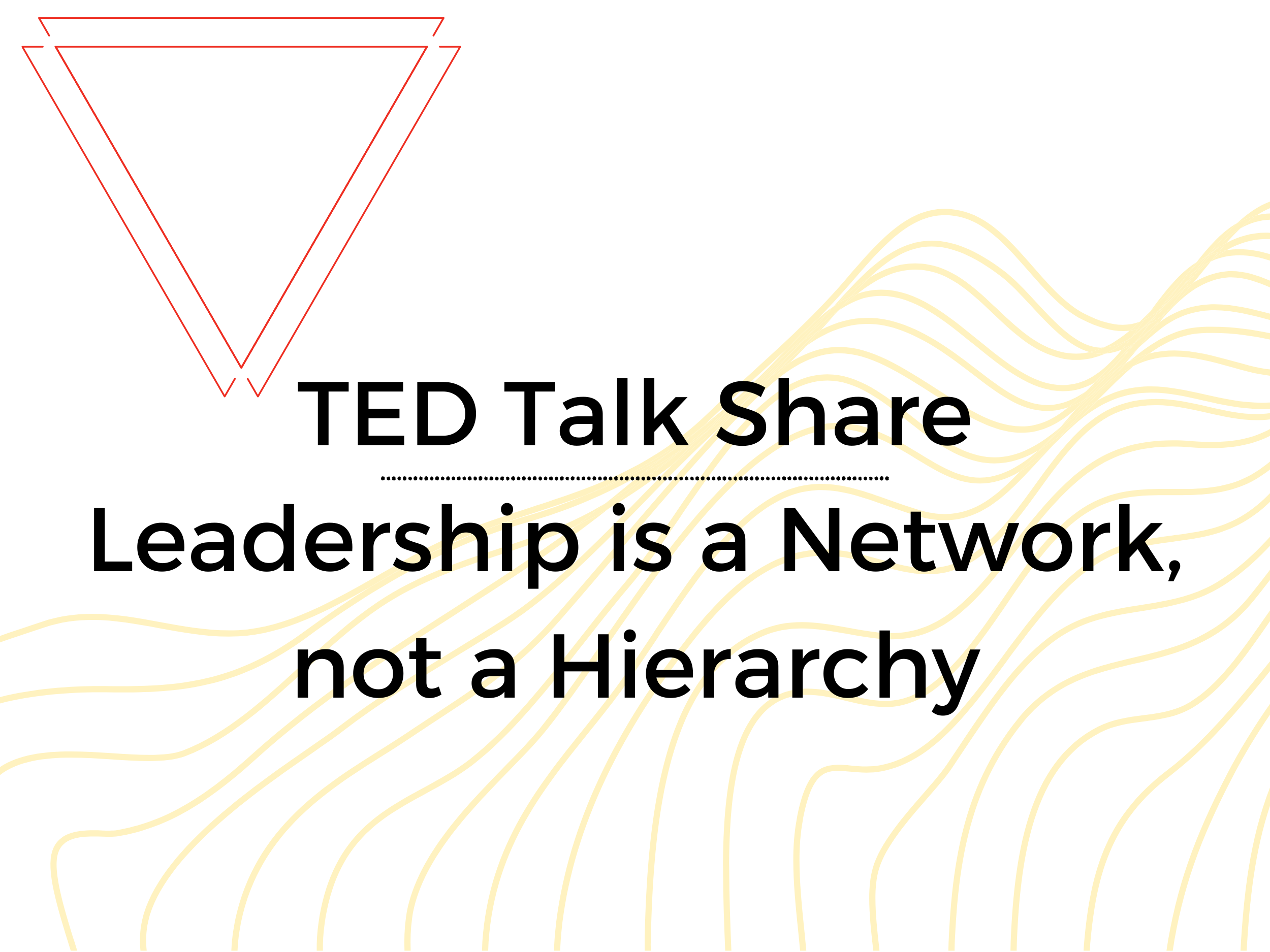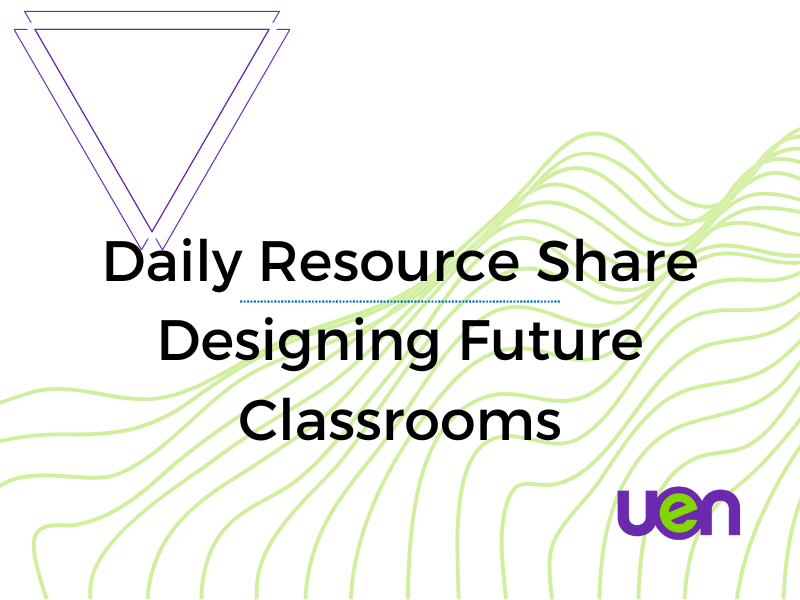UEN Homeroom with Students from the Amerian Indian Resource Center
A couple of months ago I was asked Katie Garrett, an associate director at UEN, to help a group of college and graduate students explore podcasting. These students were from the American Indian Resource Center and were developing a podcast to highlight the work of the AIRC. They also wanted to explore the issues facing American Indians who are in college or graduate school. We spent an hour or so together developing ideas, touring the studio, and recording their voices for the first time.
Podcast Share - Sold a Story
I have a distinct memory of sitting in my third-grade classroom, surrounded by bright colors and desks, learning about phonics. My teacher instructing us to sound it out and figure out the world by struggling with the sounds. It was a reading lesson, which at that point I needed more help with my spelling (still do), but other students needed it.
Podcast - The TED Interview with Sir Ken Robinson
When I was in school I know I had some pivotal conversations about learning without knowing they were about learning. I knew that I was unhappy at a few key points in my education and I know that I spoke about those issues with those around me, teachers, other students, and counselors.
PCBL + Tech Course at UEN
Last year at this time, I was working on developing a course for Utah Education Network. The course was, and still is, a passion project for me.
UEN Homeroom Podcast - “Music In The Utah Classroom”
What I really love in podcasting is when you get a group of people with disparate backgrounds and they, without planning, synchronize their comments.
Get Googley: Getting Started with AI
Artificial Intelligence is a topic that almost immediately makes for panic. I don’t know if it is the philosophical idea of humans creating intelligence or the demonization of AI through popular science fiction (looking at you Matrix, Transcendence, and about a dozen other movies), but every time AI is brought up, even pre-Chat GPT, it felt like the air was moving out of the room. AI is a tool and should be thought of as such. Like cassette tapes to the recording industry, AI is being worried about as a way for students to do less thinking and writing.
TED Talk - “How To Gain Control Of Your Free Time”
I started taking goal setting seriously when I started teaching K-12. I had just completed a grad program in English and was just about to finish my second degree in education and I realized that I had not read for fun in years. My life was a mess of professional goals and obligations (conferences, new courses, lectures) and lists of books that I needed to read, not wanted to read. So, after a few adjustment months, I started reading for fun again.
UCET Podcast - Cultivating Teacher Leaders with the Utah Teacher Fellows
One of the consistent things that I have learned and continue learning about Utah education is that there are a lot of incredibly dedicated and hopeful individuals working within the system for teachers and students. Funnily enough, a good chunk of those individuals in the last few years have been connected to the Utah Teacher Fellows.
UEN eMedia - Exploring the Math Hub
Open Educational Resources, or OER, is an underutilized part of education. I know many educators who head first to Teachers Pay Teachers rather than spending time looking for something in OER.
Get Googley Ep. 4 - Calendar Hacks for the New Year
We are four episodes deep into Get Googley and I just keep digging into my comedic tool belt (which is very shallow). This time it was writing New Year’s resolutions.
TED Talk Share - “Great Leadership is a Network, not a Hierarchy”
Gitte Frederiksen’s TED Talk “Great Leadership is a Network, not a Hierarchy” hit a deep chord with me. Leadership often takes on the role of gatekeeping with workers sharing ideas or their struggles with their leadership and the ideas being struck down or the struggles ignored.
Canva Docs & Magic Write
After yesterday’s post about AI, I feel like cannot escape it now. That afternoon I was reading You are not a Gadget and much of the chapter was on the associated problems of artificial intelligence and algorithms. This morning I opened my email and there was another edtech company sharing their latest AI-driven project (more on that in a future blog).
Blog Post Share: “An AI Wrote This Blog Post”
A few months ago I was teaching a session on digital literacy/citizenship and I posed a simple question, “Should students learn about Artificial Intelligence?”
The answer generally from 30+ educators was “Of course not.” Not enough time in the curriculum, too little expertise in our teacher pool, students don’t need to know this. I immediately shot back, “Of course they do.” We are surrounded by AI now more than ever and it is only getting better and easier to use in daily life.
Book Share - Developing Digital Detectives
One of my favorite education-related videos over the last ten years is Richard Culatta’s “Rethinking Digital Citizenship.” It explores how and why we teach our students from a young age the dangers and prohibitions associated with technology, but now the proper ways to use technology for good, nor praise them for their good uses. It is an amazing deconstruction of why, as a society, we have determined that students can only understand technology in terms of the evils it can perform.
UEN Homeroom: KnowledgeWorks
There are conversations that I have as a podcast interviewer that I wish could go on forever. Speaking to them for hours and hours just sounds like a delightful way to spend the day. Often it is because the interview sits in this great sweet spot of my own personal interest in the subject and the interviewees are so knowledgeable and engaged in their own work that their passion just shines. Dani and my interview with KnowledgeWorks experts Virgel and Lillian were one of these interviews.
UEN Course: Designing Future Classrooms
Anyone who has spent more than a few weeks working with educational technology starts to see a growing mass of tools and curricular moves, webinars and update after update after update. It is a lot to pay attention to and build a structure for your classroom. So many directions and so many of them are seemingly overwhelming.
Book Share - Why Do I Feel Like An Imposter?
I first encountered the term “Imposter Syndrome” just after starting my graduate degree from a professor friend. I was describing how I felt a bit odd teaching college courses. I explained that I had just left my undergrad behind less than six months ago and I was now in charge of a course of undergrads seeking writing instruction. She tried to assure me, but I was obstinate that it felt weird and a bit off. “Imposter Syndrome,” were the next words out of her mouth.
TED Talk - Enzo Romero
When I received my first 3D printer on a grant in 2016, I was already fascinated with the possibilities for creating and printing objects for my classroom and students.
Utah Teacher Fellows Podcast
Last year on UEN Homeroom, Dani and I were lucky enough to have an amazing conversation about how to approach teaching Native American culture in Utah classrooms and some of the best practices. The conversation was a great discussion with two wonderful educators from BYU, Heather Francis and Brenda Beyal. This year, thanks to the Utah Teacher Fellows Podcast and guest host Natalie Johnson, there is a follow-up to that conversation. Brenda Beyal returns with the director of the Native American Curriculum Initiative, Cally Flox. Come learn about the Native American Curriculum Initiative at BYU and how it is helping to transform how Utah educators are discussing Native cultures.
UCET Podcast: USBE’s Digital Teaching & Learning Team
Working on audio and producing podcasts has been one of my favorite professional activities for the past few years. Podcasts are places where anyone can tell their stories to a larger audience and be heard. I am lucky to get to produce this podcast with Kiera and this month’s podcast provides some great insight into one of the innovative teams in Utah: Utah State Board of Education’s Digital Teaching & Learning Team. As a team, they support so many activities throughout the state, but two key activities have played a key role in many educators’ lives: the Digital Teaching and Learning Grant, which has provided funding for Utah schools to provide updated tech to teachers and students, and the Personalized, Competency-Based Learning grant, which encourages student choice and voice in our schools. Check out the podcast to learn more about this group, their work, and how it has influenced technology use and culture in Utah schools.



















